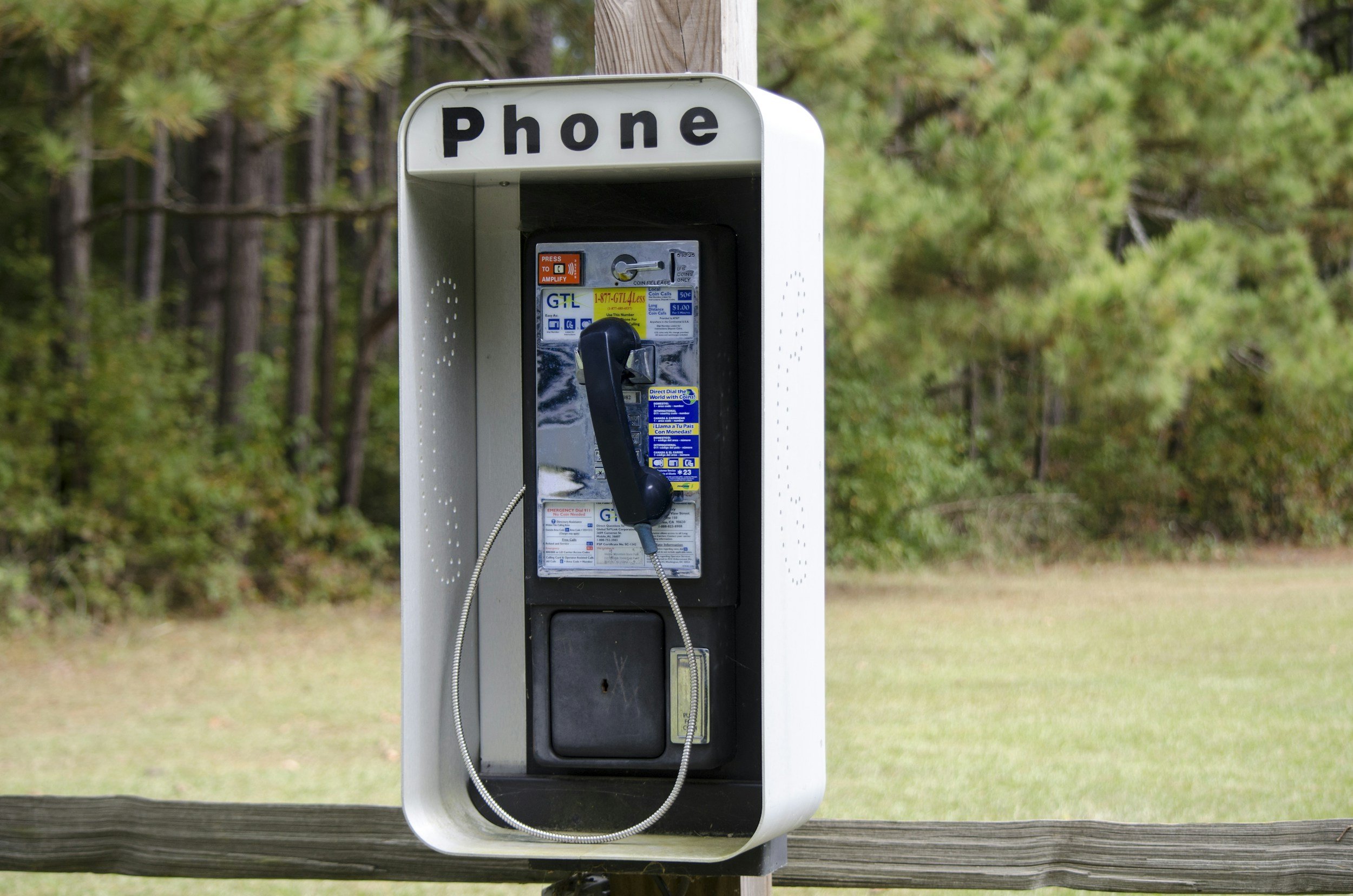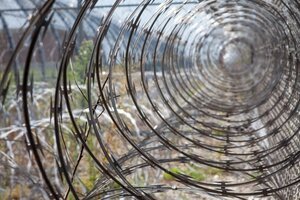
Community Spring Insights

Celebrating one year of free phone calls at the Alachua County Jail
“Last week, Community Spring staff attended a national conference on fines and fees justice in Santa Fe, New Mexico. Representatives from more than 50 jurisdictions across over 25 states gathered to discuss ways to reform the fines and fees that unfairly trap incarcerated people and their families in debt. While the conference highlighted the work that remains, it was also a reminder that…”

Coming Home: A Narrative Poem of Community Voices
The following poem is a collection of community stories gathered in order to end the stigma around incarceration and re-entry. Our hope is that by highlighting the personal experiences of these individuals we may open hearts, minds and eyes to see people who have been incarcerated for what they are…people!

Mask On, Mask Off: The True Face of Incarceration
I have a cyst on my brain and suffer debilitating migraines at times. When I was in prison it took months and months of leaping hurdles and red tape just to simply get some over-the-counter Excedrin. That was the best they would offer, and I had to fight like hell for just that.
Others weren’t even that lucky. There was a man, Ted…

My only right is the right to remain silent
Americans like to point to the Declaration of Independence as providing the basic promise of our country: “that all men are created equal, that they are endowed by their creator with certain unalienable rights, that among these are life, liberty and the pursuit of happiness.” But when I look around my community, these words ring hollow. I can’t see the meaningful promises of life…
